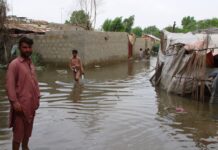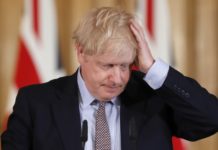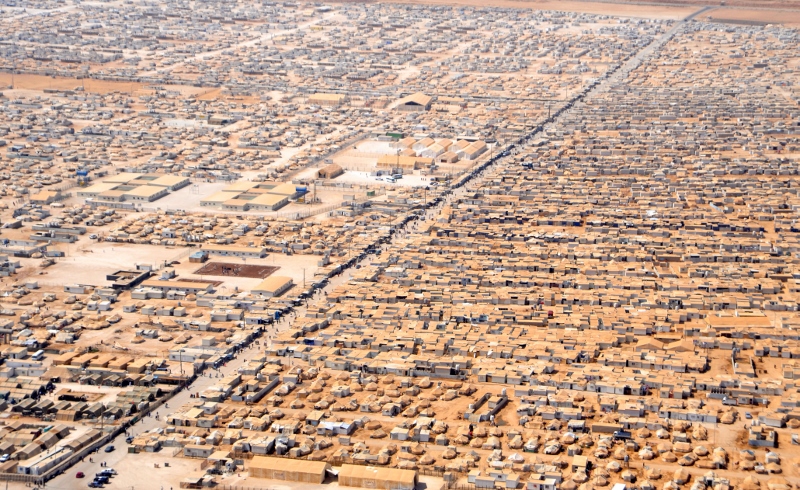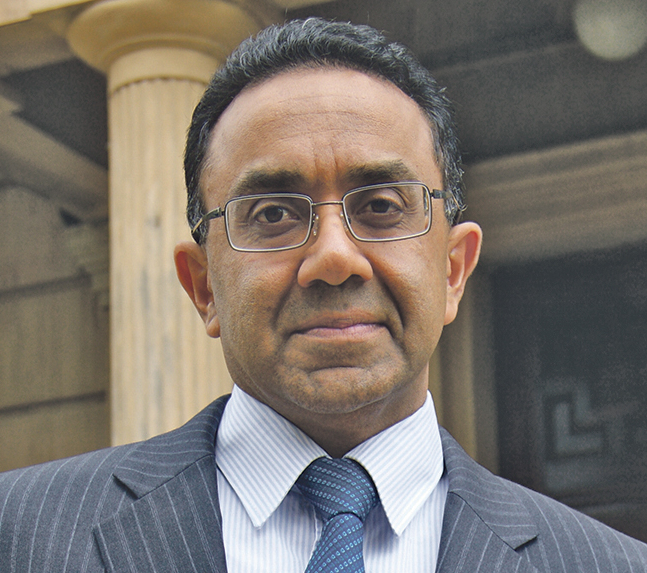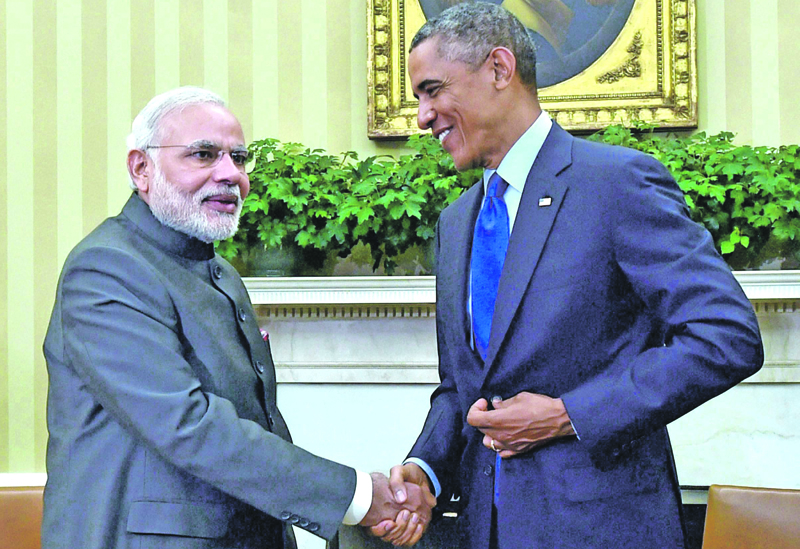
Khadga Prashad Sharma Oli sworn in to lead nation
As Nepal remains divided over a fresh constitution, and reeling from two devastating earthquakes, a new Prime Minister has been appointed, tasked with uniting the small South Asian nation.
On Sunday 11th October, lawmakers in the country confirmed Khadga Prashad Sharma Oli (known as KP Sharma Oli), would take up the nation’s highest political seat after winning the support of 338 out of 587 lawmakers.
Speaking following his appointment, the 63-year-old remained confident in his ability to tackle the crises currently hampering his nation.
“I will work alongside everybody to implement the constitution, repair the damage inflicted by the earthquake and address the hardships raised by the Indian blockade,” he said.
Over 9,000 people were killed by two earthquakes in the country earlier this year whilst buildings have collapsed and infrastructure remains unsafe to live or work in. Reconstruction is urgently needed in many areas with people being forced to live in temporary shelters.
Perhaps just as worryingly for the new prime minister are the fierce protests in recent weeks, which have left up to 40 people dead, regarding a new constitution.
Nepal is a nation divided in parts as people from the country’s plains feel the constitution perpetuates long-standing domination by highland politicians.
Oli, has until now, taken a hard line towards demands from the south, although coalition politics may push him to be more flexible, since he is likely to need support from some plains parties to form a government.
Moreover, he will have to address relations with India, strained over Delhi’s opposition to the new constitution and the fuel shortages caused by the lack of deliveries from India.
Oli’s political journey began in a 1970s pro-democracy movement, inspired by Maoist Naxalbari insurgents in neighbouring West Bengal that aimed to abolish Nepal’s monarchy.
After many years in prison, he emerged as a more moderate leftist.



